Question And Answer
Publications
Articles, publications, books, tools and multimedia features from the U.S. Institute of Peace provide the latest news, analysis, research findings, practitioner guides and reports, all related to the conflict zones and issues that are at the center of the Institute’s work to prevent and reduce violent conflict.
For a Victory Amid Crisis, Offer Consistent, Smart Help to Tunisia
As the United States and the international community grapple with interlocking crises in the Middle East and nearby parts of Africa and Asia, we must reserve a special priority for helping Tunisia achieve a strategic victory. Its success could model for the region how to build stability and prosperity through inclusive governance and nonviolence.
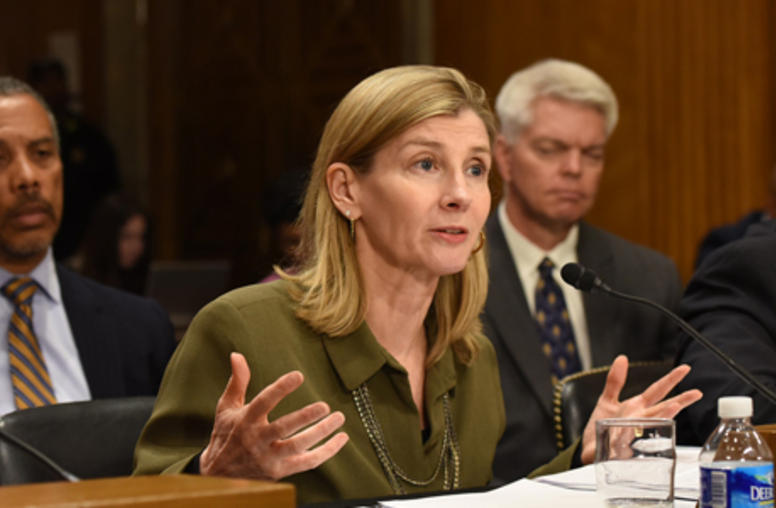
Lindborg Calls for New Approaches to Syrian Refugee Assistance
The Syrian crisis has dramatically increased the urgency to reconsider fundamental approaches to humanitarian assistance, and American leadership and support is vital to developing smarter, more effective and more efficient policies, U.S. Institute of Peace President Nancy Lindborg said in testimony today before the Senate Foreign Relations Committee.
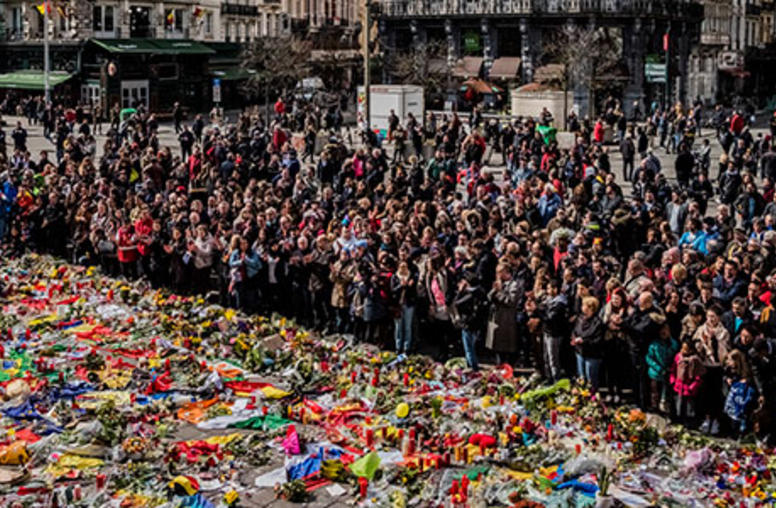
Brussels Attacks Highlight Connection to Regional Arcs of Crisis
My sympathy goes out to the survivors and families of those who died in the terrible attacks in a string of bombings over this last week -- from Brussels to Baghdad to Lahore. I was in Brussels on a business trip and was preparing to leave my hotel to catch a flight back to Washington when we got word of the explosions at the airport and the metro station there. The terror that was palpable last week in Brussels is sadly all too common in those five countries that top the list for violent extremist incidents and fatalities: Iraq, Pakistan, Afghanistan, Nigeria and Syria. And, we are increasingly seeing the outward ripples.
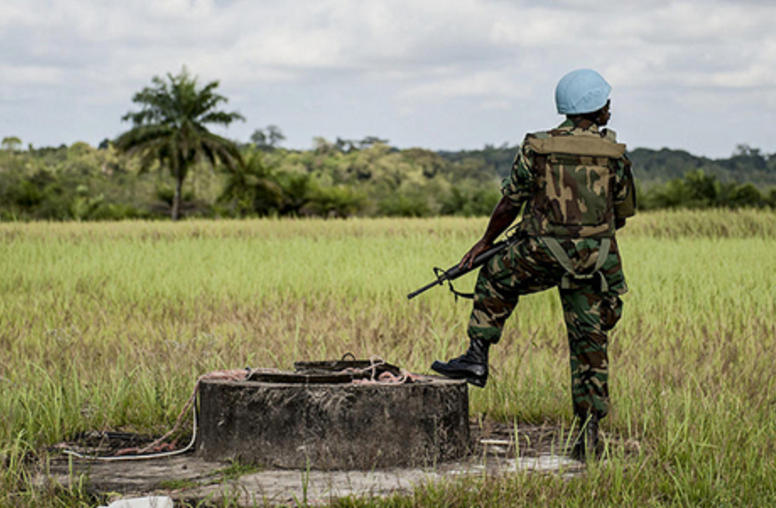
Africa Peacekeeping: Lessons from a Ghanaian Commander
For peacekeeping forces in Africa, the days of simply patrolling a ceasefire line or keeping local armies apart are over. Their assignments today increasingly include protecting civilians, confronting violent extremism and even engaging in what amounts to counter insurgency. These new burdens demand better preparation of troops headed for missions and clearer thinking by those who send them, Ghanaian Army Colonel Emanuel Kotia, a leading trainer of African peacekeepers, said at a U.S. Institute of Peace forum.
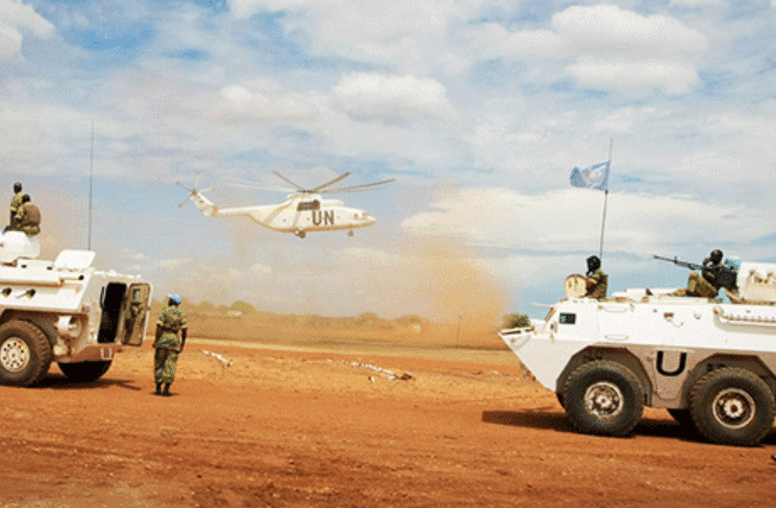
Saving U.N. Peacekeeping: High Stakes for the U.S.
As America and its allies confront a widened war in Syria, the refugee exodus to Europe, and terrorist violence in Paris, Beirut and Mali, we must treat the roots, not just symptoms, of these catastrophes. That will require an urgent repair of our world’s main tool for addressing violent conflict—the increasingly overwhelmed United Nations peacekeeping system.

Europe’s Refugee Crisis Shows Ukraine’s Resilience
With Europe awash in more than a half-million refugees from Middle Eastern and other wars, it might be easy to overlook Ukraine’s response to its own population—nearly three times the size, at 1.5 million—displaced by the Russian-backed war in the east.
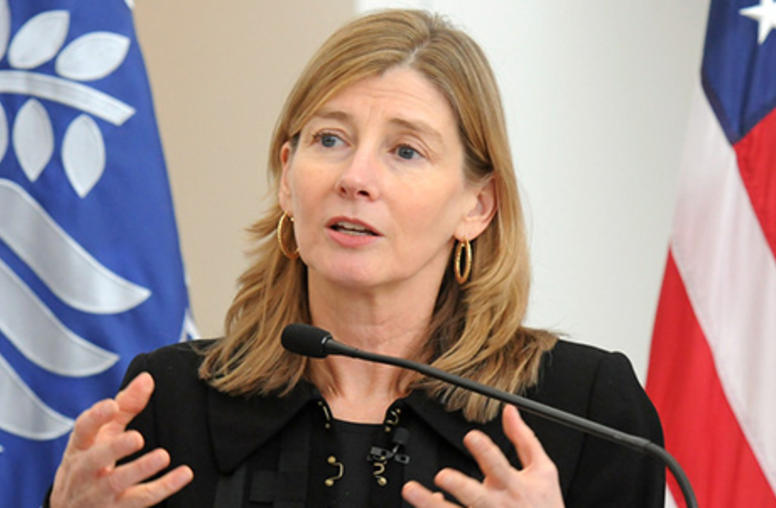
A Rising Challenge: the World’s 'Fragile' States
America’s foreign interests, including its security, increasingly are challenged by the world’s “fragile” states—those in which “governments are weak, ineffective or disconnected from their people,” according to Nancy Lindborg, president of the U.S. Institute of Peace. Across the world, it is in such fragile states that poverty and violent conflict are becoming concentrated, Lindborg said in speeches this month in Texas.
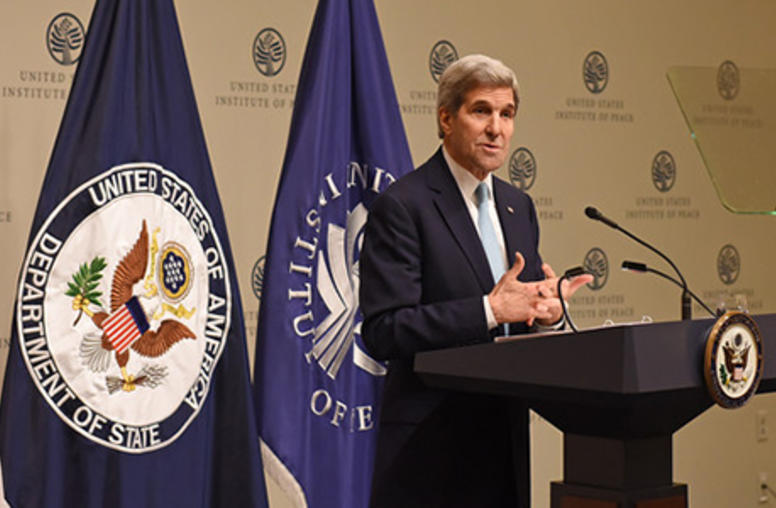
Kerry Says Assad Staying as Syrian Leader Is a "Non-Starter"
Secretary of State John Kerry, in an address at the U.S. Institute of Peace on the U.S. approach to the war in Syria, reinforced the administration’s firm opposition to allowing President Bashar al-Assad to remain in power under any resolution to the 4 ½-year conflict. Before leaving the U.S. today to resume talks on Syria in Vienna, Kerry pledged accelerated U.S. diplomatic and military efforts to end the fighting and defeat the self-styled “Islamic State” extremist group.
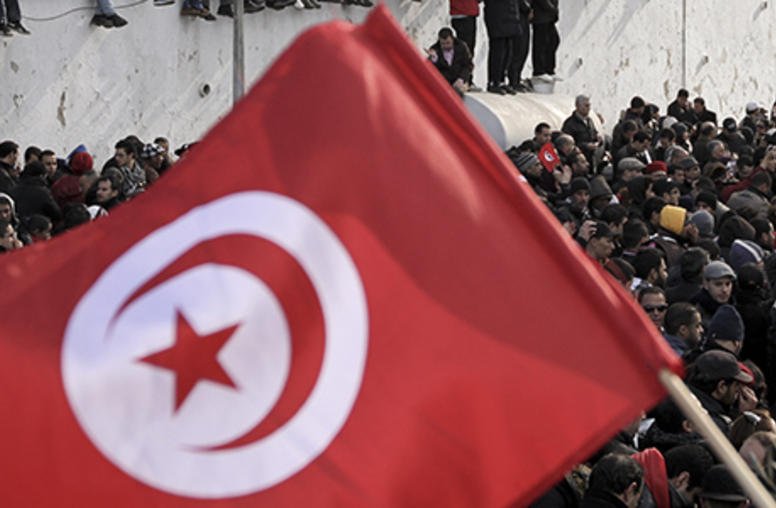
Tunisia’s Revolution: Five Years On, What Lies Ahead
In the wake of the 2011 Arab Spring uprisings, Tunisia stands alone. As other countries in the upheaval have splintered into civil war or returned to dictatorship, Tunisia’s Jasmine Revolution, on its fifth anniversary, remains on a peaceful, democratic path with an elected parliament and coalition government bound by a constitution. At the same time, the specter of a weakening economy, rising violent extremism and an increasingly disillusioned public tugs at the future.
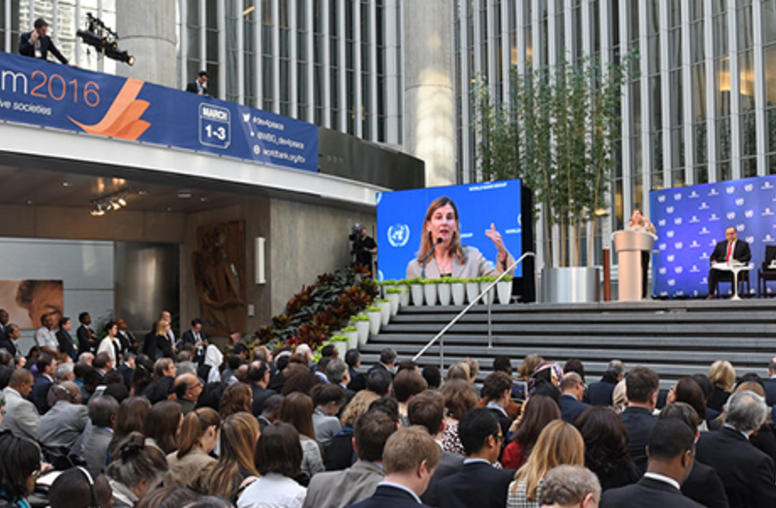
Fragile States Require Unified Response, Lindborg Says
U.S. Institute of Peace President Nancy Lindborg called for united action by humanitarian and economic development organizations, telling the opening session of the World Bank’s 2016 “Fragility Forum” that peace, development and security are inextricably linked in today’s world crises.